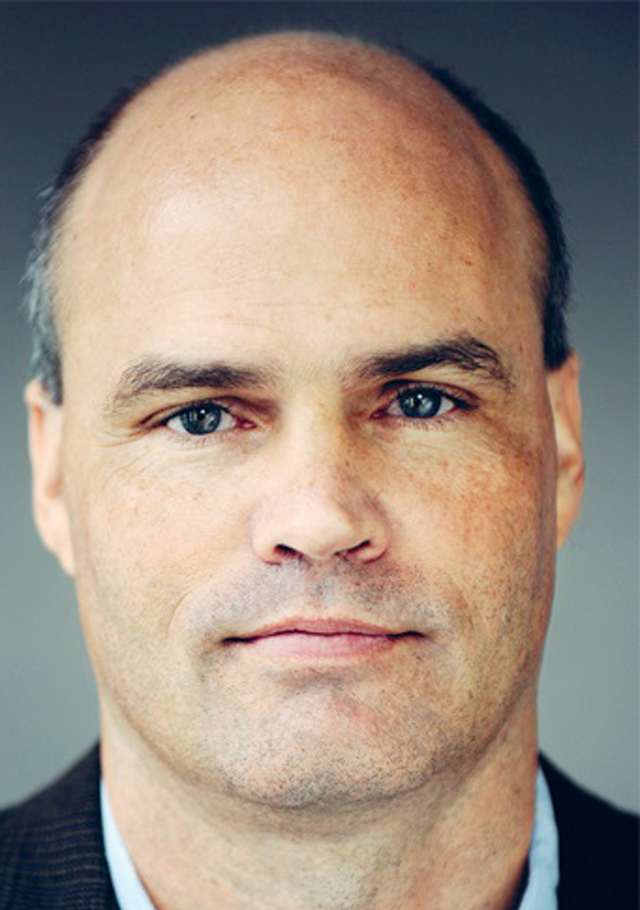Faculty Spotlight: Thomas Joiner, Robert O. Lawton Distinguished Professor of Psychology

Thomas Joiner is a Robert O. Lawton Distinguished Professor of in the Department of Psychology, part of Florida State University’s College of Arts and Sciences. He also serves as director of the FSU Psychology Clinic.
Tell us a little about your background.
I went to college at Princeton and received my Ph.D. in clinical psychology from the University of Texas at Austin. My work is on the psychology, neurobiology and treatment of suicidal behavior and related conditions. I am the editor-in-chief of the journal Suicide & Life-Threatening Behavior and have been awarded a Guggenheim Fellowship. I received the Dublin Award for career achievement in suicide research from the American Association of Suicidology, as well as research grants from the National Institute of Mental Health and Department of Defense. And in 2017, I was named a Fellow of the American Association for the Advancement of Science.
As a separate, non-FSU business, I now run a part-time clinical and consulting practice specializing in suicidal behavior, including legal consultation on suits involving death by suicide.
When did you first become motivated to work within suicide-related conditions and behaviors?
Hard to say with any certainty, one factor is a significant family history of suicide, alas.
What are your current research interests, and what makes you passionate about them?
Understanding suicide so as to prevent it; the passion comes from helping people in true misery.
What do you want the public to know about your research? Why is your topic important?
Suicide is a leading cause of death and is on the rise in the U.S. It is complicated and daunting, but also intellectually tractable and preventable. By tractable, I mean that it's not beyond our understanding. We can come to fully understand suicide (though we're not that close right now), and once we do, we'll be much better positioned to prevent it.
Who are your role models? Who has influenced you most in your life?
The clinical psychologist Paul Meehl was a force in both science and philosophy, and maintained a clinical practice throughout his life (I have maintained one too).
What brought you to Florida State University? Why do you enjoy working at FSU?
I arrived in 1997 and sensed two main things: Tremendous, mostly untapped potential within FSU clinical psychology and the seeds of an ethos that expects elite accomplishment of one another — professors and Ph.D. students alike — at the same time as genuinely caring about each other and our sense of community. I enjoy it now because we have delivered on all that, though another thing I like about our department is, despite having delivered on that, none of us has a "rest on our laurels" attitude.
What is your favorite part of your job?
The accomplishments of my Ph.D. students, most of whom have become professors themselves, and whose Ph.D. students, in turn, I see thriving and accomplishing.
What is the most challenging part of your job?
It is a tall order to get grants, maintain fluency in fields like philosophy of science, maintain credibility as a clinician, remain available to my Ph.D. students and to cultivate our research program. So far so good, but it requires sustained focus and effort.
How do you like to spend your free time?
I read out of field a lot, follow sports pretty closely including FSU teams, especially football, but others, too.
If your students only learned one thing from you (of course, hopefully they learn much more than that), what would you hope it to be?
Mantras I grew up with playing football were things like "sort it out on the field." In other words, talk doesn't matter much, performance and accomplishment does.

